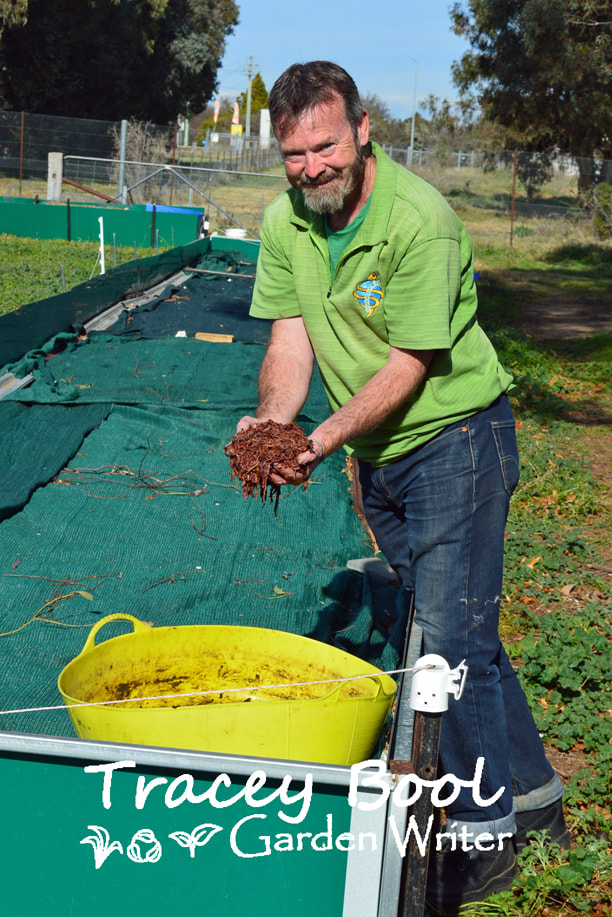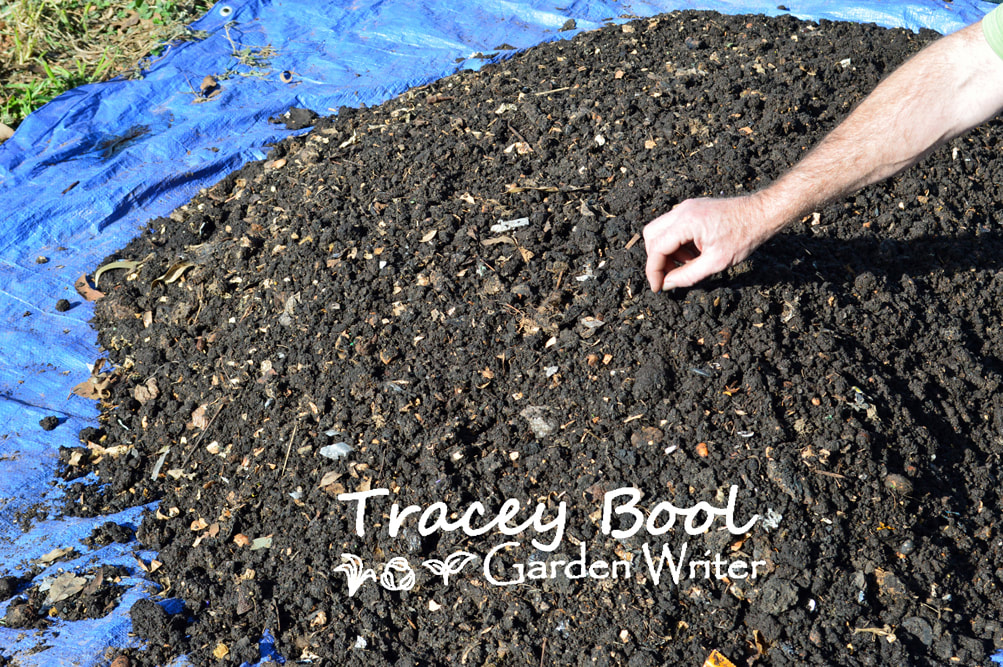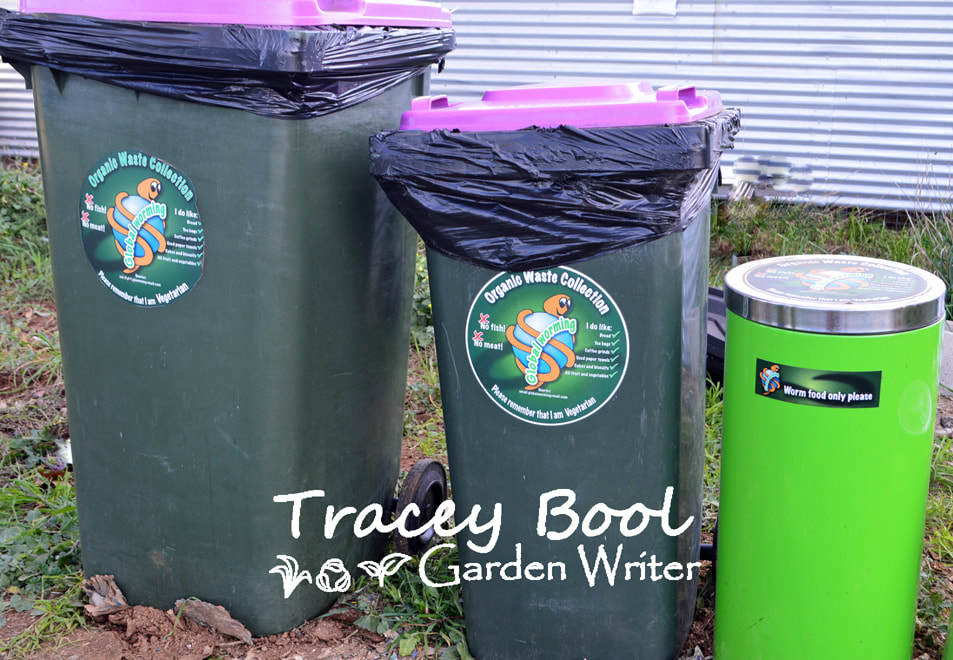|
Think Global Act Local
(July 2019) Meet Cid Riley, worm farming extraordinaire and proprietor of local business Global Worming. Cid has always had an interest in worms, having owned his first worm farm at the age of 11. He is also passionate about minimising food waste and doing it sustainably. And with an earlier career in economics, Cid considers himself the world’s first ‘vermi-conomist’. Cid began collecting food waste and trialling composting with worms from a Canberra business in 2004 - a wholly new concept at the time. His mission: demonstrating that worm farms can be clean, tidy and smell free, and also what can be achieved on the sustainability front. Global Worming became a fulltime affair in 2012 and now includes sites in Tarago, Fairbairn and Canberra City Farm in Fyshwick. Today Cid has 50 clients including businesses, schools, government departments, and everything in between. This equates to a staggering 200 000 employees and ten tonnes per week saved from landfill (52 weeks of the year)! Global Worming is as much about education and reducing food waste as it is a way to make a living. Consequently, Cid leases farms out, a service which includes assistance with the setup, maintenance and harvesting of worm castings and tea from the farms. Schools are also wowed with interactive talks about everything worm. Handy worm tidbits:
Cid has been carrying out testing of worm tea for the past five years and now has worm tea available to purchase. Worm tea is 3-10 times stronger than seaweed products; on average, there are 26 000 beneficial microbes per ml of seaweed extract, compared to 7.7 million per ml of worm tea extract! Cid also sells acclimatised and ‘food waste ready’ starter worms for backyard farms (up to ½ kilo of worms which equates to 2000 worms). For sales and more: [email protected] |



